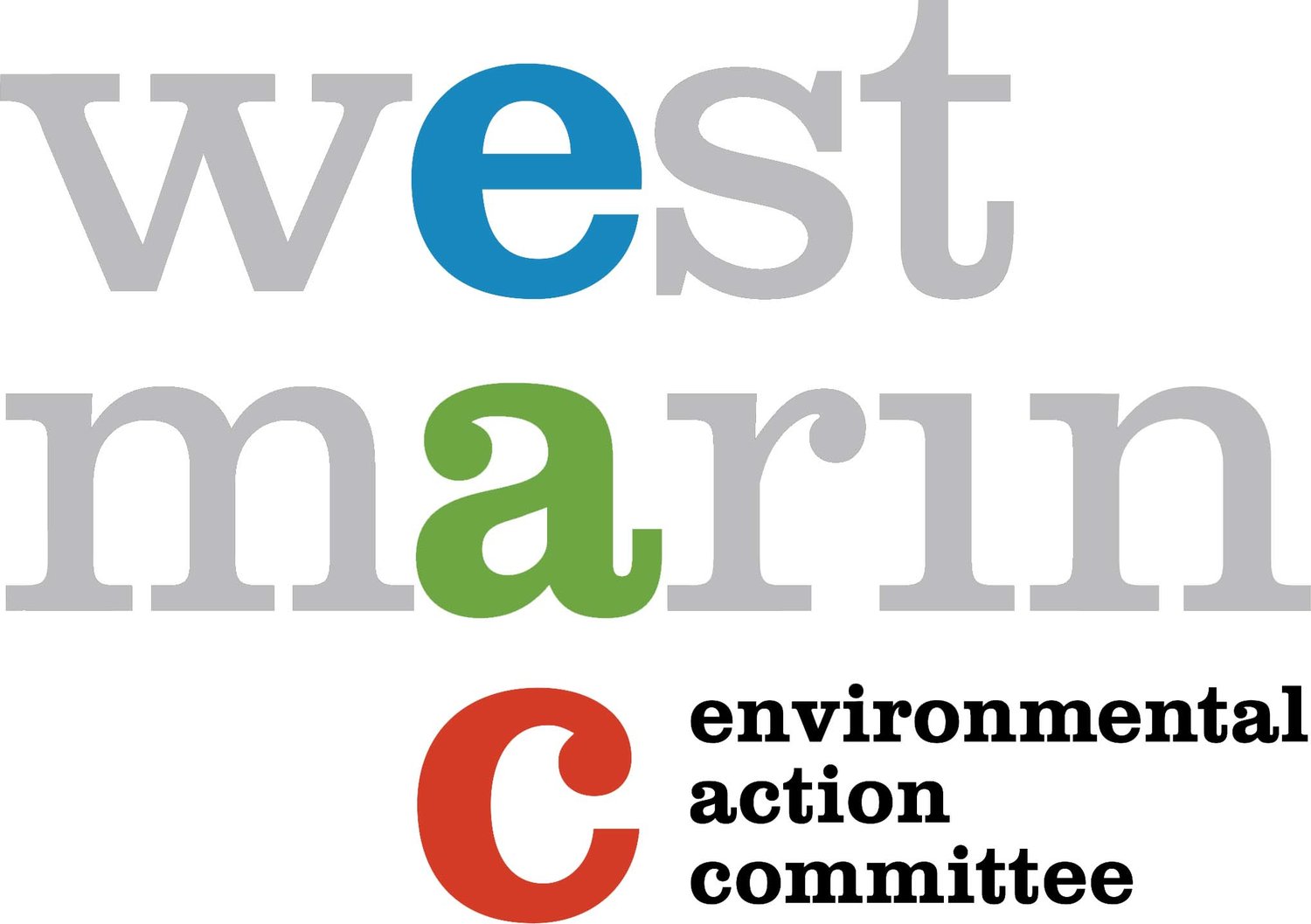Jessica Kamman, Ben Hodgson, and Catelyn Olrich, Coastal Advocate Intern team, at the July Fish and Game Commission meeting
The EAC team including our stellar summer interns participated at the California Fish and Game Commission's Marine Resources Committee meeting in-person in Petaluma in July to advocate for our Marine Protected Areas (or MPAs).
At the July meeting, our Legal and Policy Director, Ashley Eagle-Gibbs, spoke on a few agenda items including Marine Protected Areas (MPA) Decadal Management Review (Item 5), which is the focus of this article. We also submitted written comments in advance of the meeting (see below).
Before we dive into the meeting debrief, we wanted to share a little bit about California’s network of MPAs and how they were created.
How Were MPAs Created and What Are They?
Related to our MPAs, California's coast, and ocean are among our most treasured resources. The productivity, wildness, and beauty found here are central to California's identity, heritage, and economy. The need to safeguard the long-term health of California's marine life was recognized by the California Legislature in 1999 with the passage of the Marine Life Protection Act. This Act aims to protect California’s marine natural heritage by establishing a statewide network of 124 marine protected areas (MPAs) designed, created, and managed using sound science and stakeholder input and is managed by the California Fish & Wildlife Department.
MPAs protect the diversity and abundance of marine life, the habitats they depend on, and the integrity of marine ecosystems. The Marine Life Protection Act recognizes that a combination of MPAs with varied amounts of allowed activities and protections (marine reserves, marine conservation areas, and marine parks) can help conserve biological diversity, provide a sanctuary for marine life, and enhance recreational and educational opportunities. MPAs can also provide scientific reference points to assist with resource management decisions and protect a variety of marine habitats, communities, and ecosystems for their economic and intrinsic value, for generations to come.
July Fish and Game Commission Meeting and the Decadal Review
Our Legal and Policy Director, Ashley Eagle-Gibbs, spoke on MPA decadal management review at the July Marine Resources Committee meeting, voicing our support for the Fish and Wildlife Department’s prioritization of the next steps in adaptive management for our state’s MPAs. This culminating meeting was a result of last year’s report on the first 10 years of California’s network of MPAs with a look forward related to recommendations for how they can be best managed for resilience. In advance of the July meeting, the Department of Fish and Wildlife released a prioritization action list, prioritizing the report recommendations related to near-term, mid-term, and longer-term management steps to take over the next 10 years to improve and protect our MPA network.
The Committee took feedback on the prioritization of the next steps in their adaptive management process. They also provided specific direction on the next steps in the process for submitting petitions to make boundary or designation changes to MPAs, including EAC’s expansion and designation change recommendations for Drakes Estero and Duxbury Reef.
Our work on adaptive management of the MPA network also ties into the state’s 30x30 goals. We are also engaged in advocating for increased coastal protections to get California to 30 percent of coastal water protection by 2030.
Next Steps
At the August 23rd Fish and Game Commission meeting, specific information will be provided solidifying timelines for submitting petitions and what they should focus on. We are supportive of the prioritization including elevating climate resilience and the focus on petition review in the near term. The Fish and Game Commission recently released guidelines for the submittal of petitions. We are generally supportive of the guidelines, but we will be providing specific feedback at next week’s meeting. We also joined partners in submitting written comments in advance of the meeting.
How You Can Engage
Join us at an upcoming meeting and voice your support for California’s MPAs including Drakes Estero and Duxbury Reef. Email ashley@eacmarin.org to learn more information about how you can get involved.
Participate in the Golden Gate MPA Collaborative meeting on August 24th to share your thoughts and support for MPAs. Learn more and sign up to attend!
As we move towards submitting formal petitions on Drakes Estero and Duxbury Reef, we will keep you posted on how you can lend your support for these important changes.
Learn More:
Read our July Written Comments and Attachments 1 and 2
Read Our Prior Comments and Blog
August Fish and Game Commission Meetings (available remotely):
Fish & Game Commission Meeting on August 22-23rd in Fortuna, CA. Meeting Info & August Agenda, Meeting Documents (See Item 23A)



